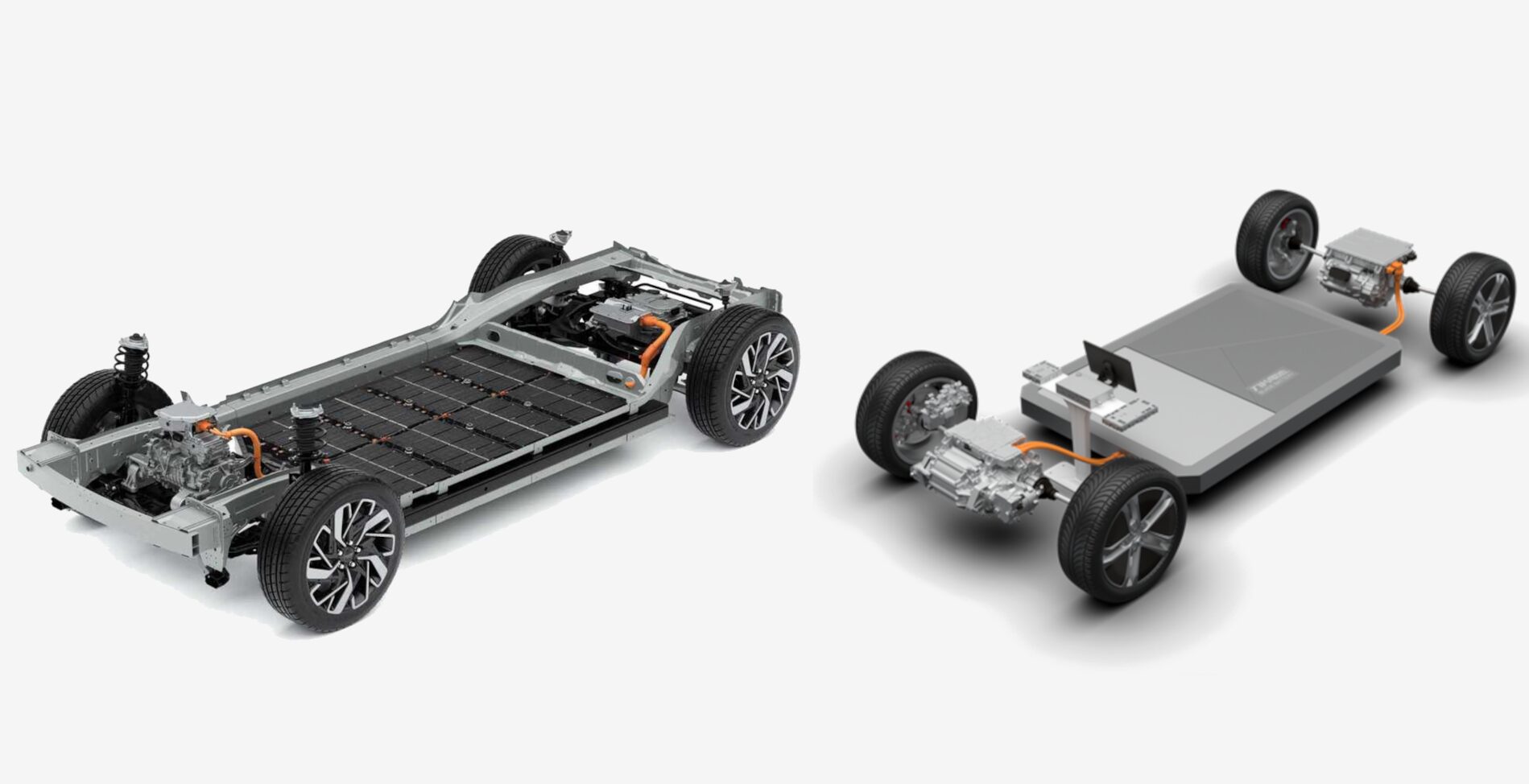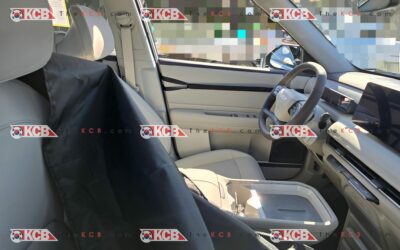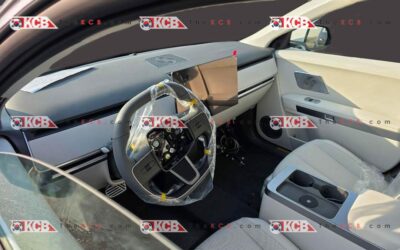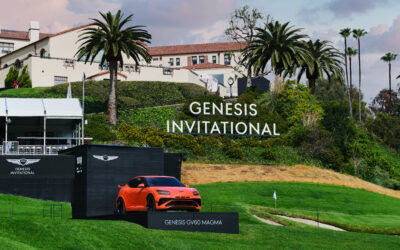BYD’s revolutionary new battery capable of delivering 300 miles of range in just five minutes have settled a new benchmark for EV charging technology. Meanwhile, Hyundai, with its current E-GMP platform, offers 800V fast-charging but lags behind in achieving such rapid charging times. With Hyundai’s next-generation eM platform still under wraps until 2026, could the Korean automaker be at risk of falling behind?
BYD’s Game-Changing 5-Minute Charging Technology
BYD’s newly developed battery technology has stunned the EV market. Utilizing a 1,000V architecture and cutting-edge cell chemistry, it allows for ultra-fast charging speeds that can replenish nearly 300 miles of range in just five minutes. This effectively eliminates range anxiety and brings EVs closer to the refueling convenience of gasoline vehicles.
The innovation extends beyond just the battery itself. BYD is also rolling out an extensive network of high-powered charging stations, ensuring that customers can make full use of this rapid-charging capability. This move solidifies BYD’s ambition to dominate not just the EV manufacturing space but also the charging infrastructure sector.
Hyundai’s E-GMP Platform: Still Competitive?
Hyundai’s current electric vehicles, including the Ioniq 5, Ioniq 6, and Kia EV6, are built on the Electric-Global Modular Platform (E-GMP). This platform features an 800V architecture that allows for 10-80% charging in around 18 minutes using a 350kW charger. While this is still considered one of the best charging speeds in the industry, it pales in comparison to BYD’s new technology.
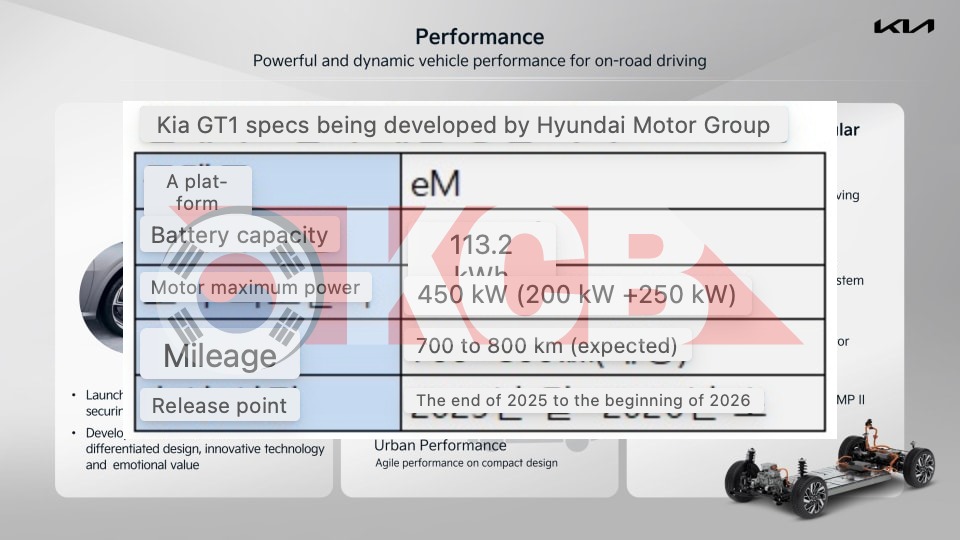
Leaked information regarding Hyundai’s next-gen platform, called eM
Furthermore, Hyundai’s charging ecosystem relies on third-party networks like Tesla Superchargers and Electrify America, meaning it does not have the same level of control over charging infrastructure as BYD does.
Hyundai’s Next-Gen eM Platform: Can It Catch Up?
Hyundai is set to launch its next-generation eM platform with the debut of the Genesis GV90 in 2026. While it is expected to offer improved efficiency, range, and fast-charging capabilities, Hyundai has yet to disclose specific details about how it will compete with BYD’s rapid-charging breakthrough.
With BYD pushing the envelope on charging technology, Hyundai faces a critical challenge. If the eM platform does not introduce a similar or better rapid-charging solution, Hyundai’s EVs may start to feel outdated in comparison. The speed of innovation in the EV industry is relentless, and any delay in technological advancements could see Hyundai losing ground to competitors who are pushing the limits of battery and charging technology.
Will Hyundai Be Left Behind?
As BYD’s 5-minute charging battery prepares for real-world deployment, Hyundai’s ability to stay competitive hinges on the advancements of its upcoming eM platform. The longer Hyundai delays releasing details or rolling out comparable technology, the more it risks losing market share to companies like BYD, Tesla, and other automakers investing in ultra-fast charging solutions.
For Hyundai to remain at the forefront of the EV revolution, it must either match or surpass BYD’s innovation—either by significantly improving charging speeds in the eM platform or by securing strategic partnerships to enhance its charging ecosystem. Otherwise, the rapid progress of rivals like BYD could leave Hyundai struggling to keep up in the fast-evolving EV landscape.

